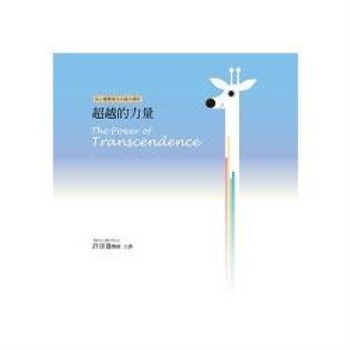Harley Hamilton Tuck decided when he was a teenager he wanted to leave the world a better place than it was when he got here. He flew combat during World War II as a radio operator aboard a B-17 bomber, completing twenty-seven missions before bailing out of a flaming ship over France to spend a year in Austria's infamous Stalag 17B as a Prisoner of War. Tuck took the opportunity to begin educating himself in the field of agriculture, attended college when he returned to the States, and started teaching a few years later. Tuck took his skills around the world over the course of his career, training outreach workers among the remote Hill Tribes near the Laotian border for a decade, joining the United Nations Food and Agriculture Organization and relocating to Afghanistan in 1972, where he supervised a fleet of United Nations vehicles and farm equipment, working with Afghan mechanics who taught him as much as he taught them. When he accepted a UN position in Indonesia, Tuck continued training teachers, working through various programs in rural areas to improve and modernize agricultural practices. He eventually created his own Indonesian corporation to provide consulting services in his field, learning, growing, and teaching until his retirement in the late 1990s. Tuck credits the "Angel" on his shoulder for escorting him through the harrowing collection of hazards and close calls he encountered in his extensive travels. Hitch a ride from a fruit ranch in central Washington state through the fiery skies of the European War Theater, tour the back-country of Thailand, the noisy streets of Kabul and Java's steamy jungles with Tuck for a first-class adventure with a generous-hearted and unusual man whose desire was to leave a positive mark on this world.
| FindBook |
有 1 項符合
Angel on My Shoulder: I’ve Joined the Lucky Bastard Club的圖書 |
 |
Angel on My Shoulder: I’ve Joined the Lucky Bastard Club 作者:Tuck 出版社:Authorhouse 出版日期:2010-07-26 語言:英文 規格:平裝 / 216頁 / 22.9 x 15.2 x 1.3 cm / 普通級 |
| 圖書館借閱 |
| 國家圖書館 | 全國圖書書目資訊網 | 國立公共資訊圖書館 | 電子書服務平台 | MetaCat 跨館整合查詢 |
| 臺北市立圖書館 | 新北市立圖書館 | 基隆市公共圖書館 | 桃園市立圖書館 | 新竹縣公共圖書館 |
| 苗栗縣立圖書館 | 臺中市立圖書館 | 彰化縣公共圖書館 | 南投縣文化局 | 雲林縣公共圖書館 |
| 嘉義縣圖書館 | 臺南市立圖書館 | 高雄市立圖書館 | 屏東縣公共圖書館 | 宜蘭縣公共圖書館 |
| 花蓮縣文化局 | 臺東縣文化處 |
|
|
圖書介紹 - 資料來源:博客來 評分:
圖書名稱:Angel on My Shoulder: I’ve Joined the Lucky Bastard Club
|











